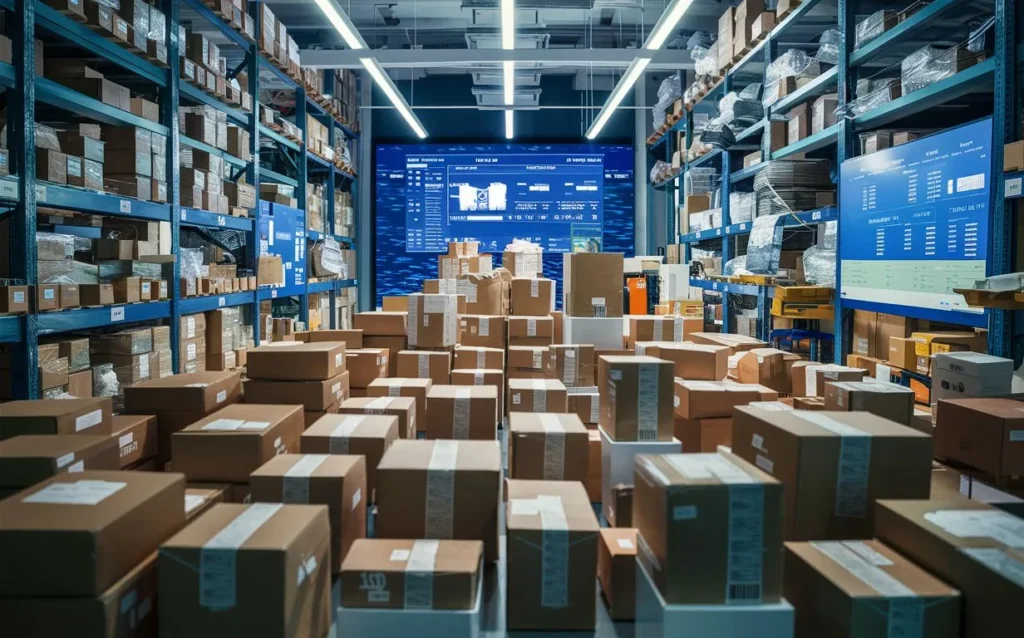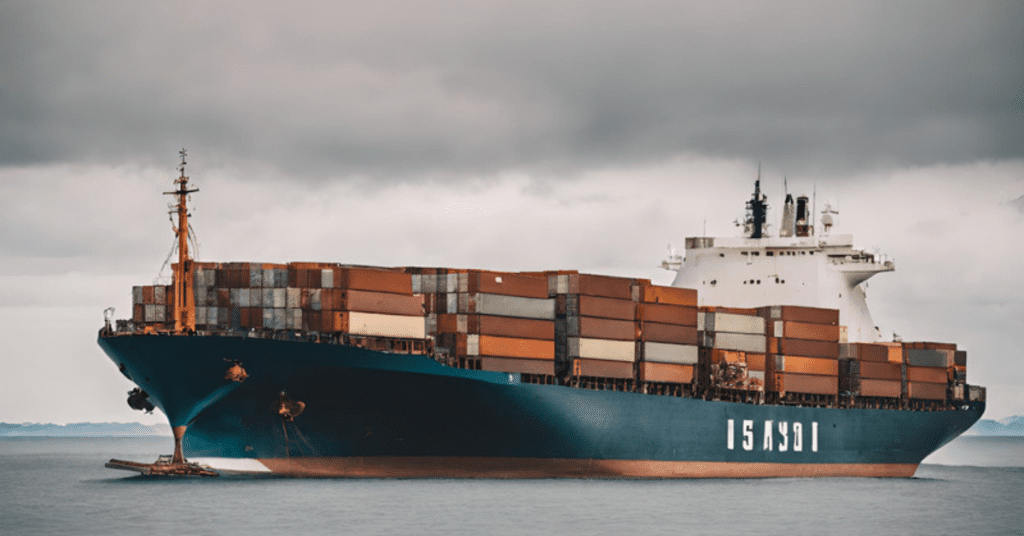Supply Chain Management: The Key to Logistics Success
Supply Chain Management: The Key to Logistics Success Supply Chain Management: The Key to Logistics Success Unlocking Success: The Central Role of Supply Chain Management in Logistics At this dynamic business landscape, supply chain management in logistics cannot be understated. From smooth operations and increasing efficiency to mitigating risks and mitigating losses – effective supply chain management forms the core of business success. Understanding Supply Chain Management Supply chain management entails overseeing various processes involved with transporting products from manufacturers to customers, from planning, sourcing, production, logistics and delivery of goods or services. It seeks to optimize these processes so as to minimize costs while meeting customer demand more effectively. Deliberate Strategic Planning* for Operational Success Supply chain management offers numerous advantages for optimizing operations. By carefully orchestrating every stage, businesses can streamline processes, reduce wasteful expenditure and boost overall efficiency – from procurement and production through warehouse storage and delivery – so as to guarantee seamless operations and timely deliveries Strategic Strategies to Mitigrate Risk Supply chain management also plays a pivotal role in mitigating risk for businesses. Businesses are susceptible to various threats like supplier issues, natural disasters, geopolitical uncertainties and demand fluctuations; with effective supply chain management companies can identify potential threats as early warning signals; then develop contingency plans and put measures into action that mitigate disruptions effectively – by diversifying suppliers, maintaining buffer stocks or setting up alternative transportation routes they can safeguard their operations against disruption and maintain continuity despite obstacles or difficulties in their way. Delivering Customer Satisfaction Through Timely Logistics Customer experience is at the center of today’s competitive market, and supply chain management directly impacts it by assuring timely delivery of products and services. Businesses that leverage optimized transportation networks, streamline distribution channels, and real-time tracking technology to meet customer demand precisely can meet customer demands with precision; whether through faster deliveries, flexible shipping options, or reduced times between orders placed and their arrival at destination are essential in maintaining customer loyalty while strengthening brand recognition. Conclusion: Accelerating Business Forward Logistics supply chain management cannot be overemphasized in its significance to business success in today’s highly-competitive markets. From optimizing operations and mitigating risks to providing exceptional customer experiences and encouraging collaboration, effective supply chain management plays a vital role in driving business forward and creating sustainable growth through technology adoption, sustainability promotion and prioritizing customer satisfaction – it all plays its part. By prioritizing technology adoption while prioritizing sustainability practices as well as prioritizing customer satisfaction measures businesses can discover new opportunities, mitigate risks more easily, and ultimately realize sustainable growth over time in today’s ever-evolved world of logistics!




